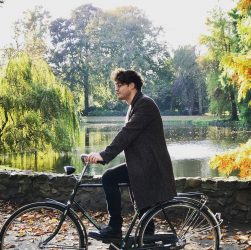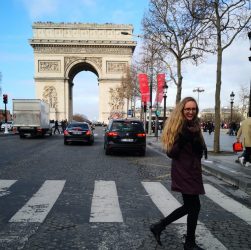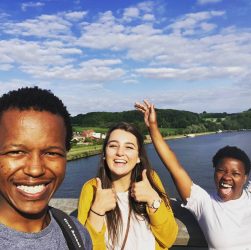Pre-departure: While it may – for a long time – seem as though your departure date for the Law Exchange …


Pre-departure: While it may – for a long time – seem as though your departure date for the Law Exchange …

Pre-departure: The first 6 months of your exchange year goes by way faster than one thinks. This is, however, a …

Pre-departure: Having travelled abroad several times before I applied for the exchange program, I was reasonably prepared for the pre-departure …